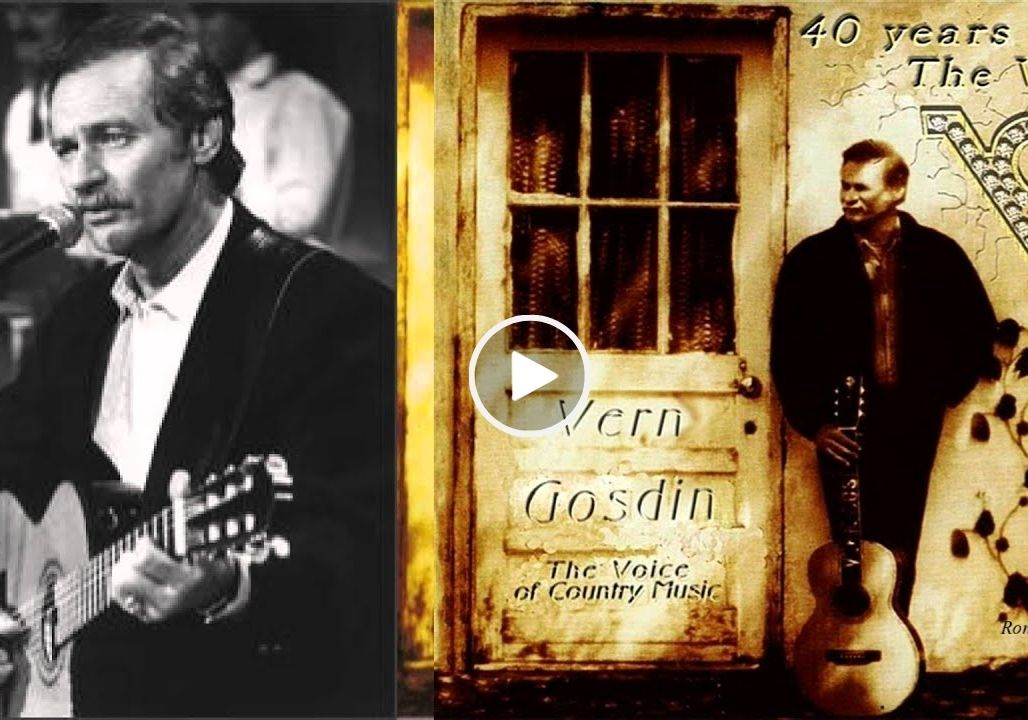Introduction

A Month of Sundays: A Look Back at Vern Gosdin’s Country Classic
Vern Gosdin’s “A Month of Sundays” isn’t just a catchy tune; it’s a relatable anthem for anyone who’s ever woken up with a pounding headache and a deep regret for the previous night’s revelry. Released in 1991, the song quickly became a country standard, but its origins stretch back a little further.
While there’s no definitive information on the song’s exact inspiration, Gosdin himself was known for his down-to-earth, blue-collar persona. Many of his songs dealt with themes of love, loss, and the struggles of everyday life. It’s likely “A Month of Sundays” stemmed from his own experiences or observations of those around him.
However, the concept of “a month of Sundays” to recover from a wild night extends beyond Gosdin. The phrase itself has been kicking around for quite some time. A 1984 song by Don Henley, “A Month of Sundays” from his album “Building the Perfect Beast,” uses the phrase similarly, referencing a longing for an extended period of rest and relaxation.
Looking closer at Gosdin’s version, the lyrics paint a vivid picture of a man experiencing the aftermath of a particularly wild Saturday night. The lyrics mention “a hundred parties” and the church bells ringing, suggesting a full night of bar-hopping that bled into Sunday morning. The pounding headache and the feeling of being out of place at church (“I can’t even stand this pounding in my head / Still driving me insane”) perfectly capture the protagonist’s regret.
The song’s strength lies in its relatable narrative. Who hasn’t overindulged on a Saturday night and wished for a much, much longer Sunday to recover? Gosdin’s signature baritone vocals deliver the lyrics with a blend of humor and self-deprecation, making the song both catchy and poignant.
“A Month of Sundays” wasn’t a chart-topping hit, but it resonated with country audiences. It became a staple of Gosdin’s live performances and a fan favorite. Today, the song remains a timeless classic, a reminder of the consequences of a good time gone a little too far, and the universal longing for a little extra time to recover.
